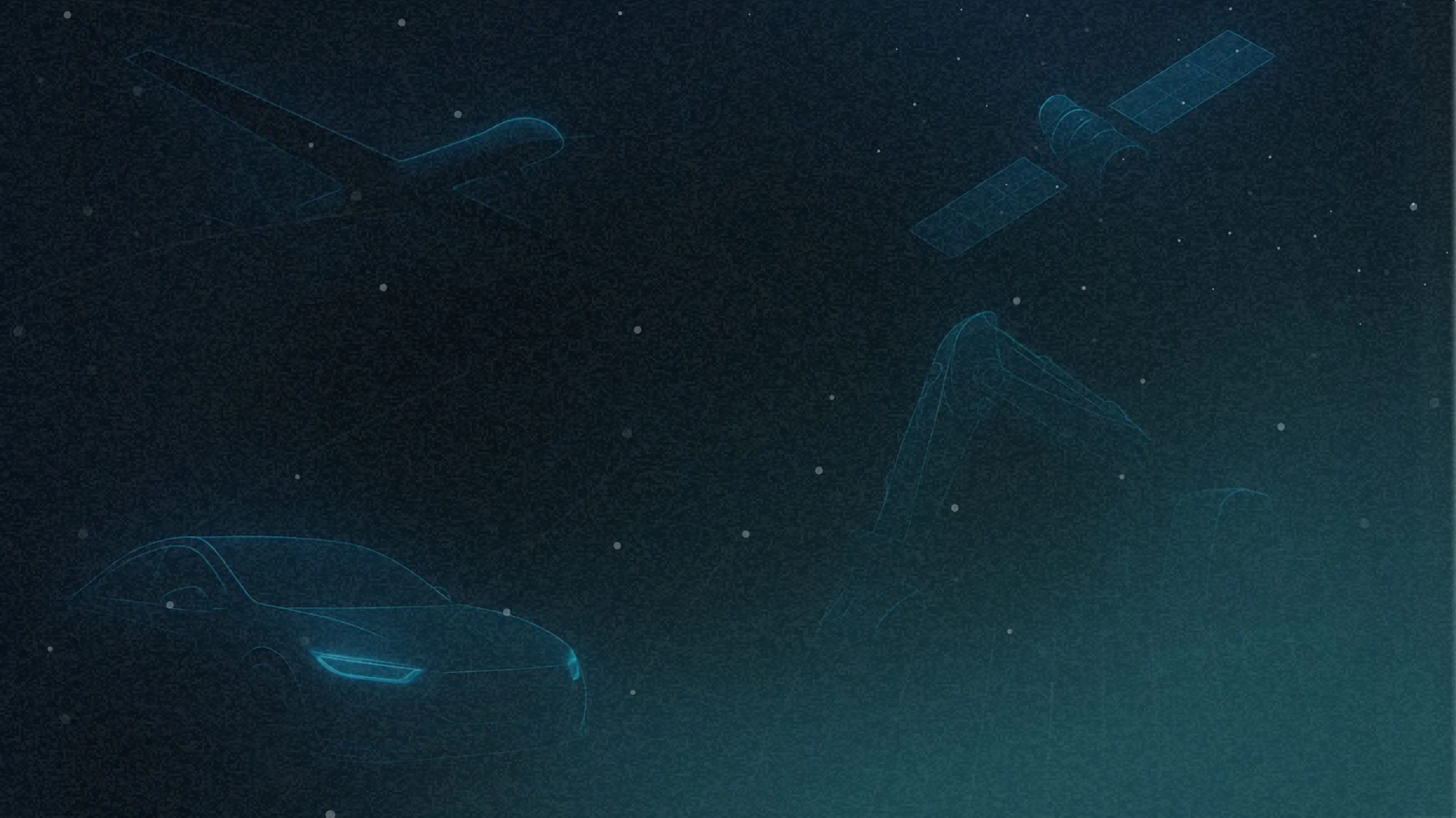
Enabling True Safety for Sensor-Driven Autonomous Systems
Detect, monitor and mitigate sensor degradation before it becomes a risk!
Thank you! Your submission has been received!
Oops! Something went wrong while submitting the form.
The Hidden Risk Across Industries
From cars and tractors to trains, aircraft, and ships—every autonomous system depends on flawless sensors. Yet age, vibration, weather, or minor impacts quietly degrade performance, triggering phantom actions or critical inactions.
Day 1
Sensor kit is according to SOP performance
3 Years
Sensor kit has reduced performance and can create fatalities
Degraded sensors can reduced performance and accuracy of defence or surveillance systems.
VS

Day 1
Sensor kit is according to SOP performance
3 Years
sensor kit has reduced performance and can create fatalities and reduced performance
Degraded sensors can reduced performance and accuracy of heavy machinery equipment.
VS

Day 1
Sensor kit is according to SOP performance
3 Years
Sensor kit has reduced performance but AD system unaware
Degraded sensors cause phantom braking, missed obstacles, or failed airbags — increasing crash risk.
VS

+3 m
Extra stopping distance from 0.2° drift (road)
–20 %
LiDAR detection confidence in field conditions (agriculture)
+5 s
Brake-trigger latency on rail crossings
–10 %
Flight-control accuracy after 500h vibration (aerospace)
Day 1
Sensor kit is according to SOP performance
3 Years
Sensor kit has reduced performance and can create reduced performance
Degraded sensors can reduced performance and accuracy of robotic systems.
VS


Space

Rail & Public Transit

Aviation

Oil & Gas Petrochemical

Security & Surveillance

Maritime/Ports

Smart Buildings & Facilities


Validation & Proof-Points

Real-World Validation
12-month data collected from a Tesla Model 3 under diverse weather conditions (sun, rain, snow) showed calibration drift significantly affects sensor reliability.
AI Systems Are Vulnerable
Even minor degradation fooled YOLO object detectors—causing systematic faults without triggering on-board self-diagnostics.


System-Level Failures Detected
±3° miscalibration in cameras led to:
- Missed object detections (e.g., pedestrians)
- Delayed or failed emergency braking
- Incorrect Time-To-Collision (TTC) estimates
Quantified KPIs
Shifts in ROC curves prove sensor degradation directly lowers detection accuracy.
Measurable deltas in detection confidence and object localization.
Measurable deltas in detection confidence and object localization.

Our Solutions
Our product suite delivers both on-device real-time monitoring and off-device large-scale validation — solving a critical gap in autonomous system testing.
Watchdog
Onboard module for real-time sensor monitoring
Our lightweight Watchdog microservice runs directly on your device to monitor perception KPIs in real time. It catches sensor issues instantly, even during field testing.
Continuous Edge Monitoring
Degradation detection (miscalibration, occlusion, material aging) on any sensor modality (camera, radar, LiDAR, etc.)
Real-Time Alerting
Instant notifications via webhook, MQTT or in-process callback when KPIs cross thresholds
Containerized Deployment
Runs as a container or integrated directly in middleware
Choose the plan
For Every Industry That Depends on Sensors
Automotive OEMs & Tier-1s
Aerospace & UAV Manufacturers
Rail Operators & Infrastructure

Industrial Automation & Robotics
Maritime & Port Authorities
Precision Agriculture & Ag-Tech
Why companies choose obsurver
Comprehensive Safety
End-to-end sensor assurance across your entire fleet or system.
Operational Efficiency
Reduce maintenance costs and downtime by up to 30 %.
Regulatory Readiness
Streamline multi-industry compliance—from ISO 26262 to DO-178C and IEC 61508
Founders & Key Experts

Fabian Schmidt
CEO & Co-Founder
Fabian is a german serial founder with 6+ years of tech-leadership. He has build multiple successful companies in the past, and helped Next Mobility Labs, the global mobility venture studio to develop the next generation of mobility innovations. He was, and still is, one of Germany’s youngest adjunct lecturer’s for AI & Entrepreneurship at various universities.

Benjamin May
ADAS/AD Entrepreneur & Co-Founder
Benjamin holds an M.S. in Physics from the University of Greifswald and has spent 20+ years architecting vision-based safety features for leading OEMs worldwide. A co-founder of IEEE P2020, he shapes obsurver’s strategic roadmap and partners across the automotive and autonomy ecosystem.

Dr. Sven Fleck
Imaging Specialist & Co-Founder
Dr. Fleck earned his M.S. and Ph.D. in Computer Science from the University of Tübingen. He has been advising premium OEMs and is co-founder and Vice Chair of IEEE P2020 working group on automotive image-quality KPIs. At obsurver, Sven drives our core R&D in sensor degradation detection, ensuring that every pixel and data point meets the highest safety standards.
Join us in a mission to make the future of autonomous systems and therefore our world truly safe.



